Catholic, Orthodox, Protestant, and ecumenical groups around the world are waking up to how much God loves every inch of the universe. You can use this worship resource guide to plan services that help people more deeply experience God’s creating, sustaining, and redeeming presence. God created us as part of, not separate from, the web of life.
The guide has six parts:
- Creator and Creation celebrates God, who created this planet as an abundant home for all to share.
- Lament and Blessing looks at how we humans claim and hoard what God has given, rather than share with those who suffer and leave enough for generations to come.
- Earth keepers and Caretakers gives ideas for cooperating as Christ renews all things.
- Music suggests songs about creation, lament, and caretaking from many cultures.
- Sermon Planning offers general, liturgical, and lectionary resources for creation-themed preaching.
- Service and Series Planning will help you integrate care of creation themes into special Sundays, church year seasons, or parts of worship.
Creator and Creation
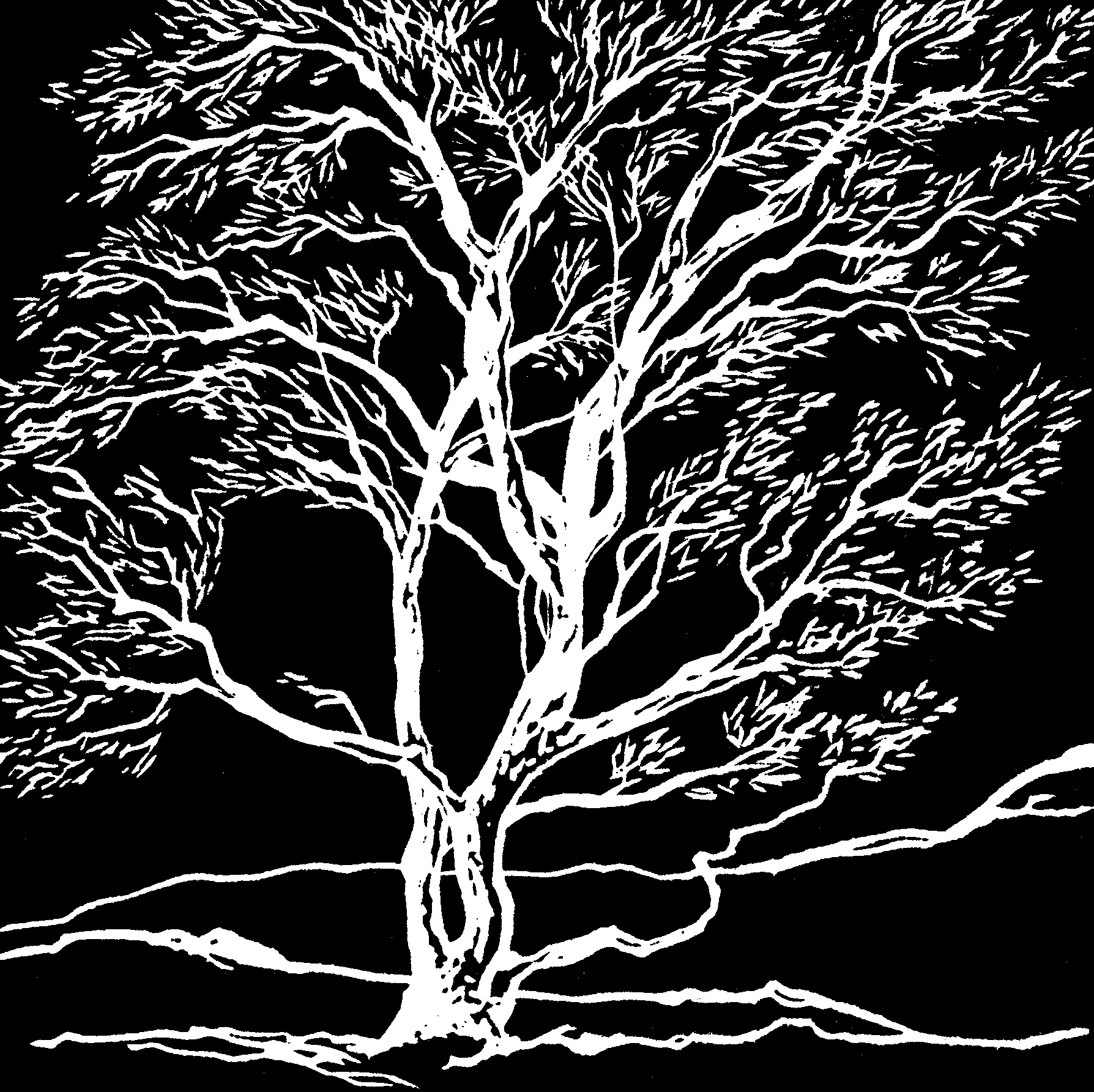 |
We who find our stories within God’s big story know that the Bible begins in the garden of Eden, with God loving the cosmos into existence. The Bible presents humanity as part of an abundant, integrated creation, which is why St. Francis of Assisi praised God for Brothers Sun and Air, Sisters Moon and Water, and Mother Earth. Prophets and psalmists tell us that the whole earth—the actual planet we live on—is full of God’s glorious presence. In fact, creation calls us to join in praising our Creator.
However, many Christians live in cultures where people worry about not having enough. Some churches spiritualize the Bible’s real life, earth-based examples. They somehow miss that Jesus got thirsty, hungry, and tired and that he peppered his stories with sheep, rocks, sand, water, soil, and seed. This Jesus is the same cosmic Christ, says Colossians 1, through whom and for whom all things were created. He is reconciling the entire creation to himself.
The Liturgy of Abundance, the Myth of Scarcity. This Walter Brueggemann essay says that truly trusting God’s generosity, as revealed in scripture, can help Christians live as counter-examples in a world that preaches competition and scarcity.
Creation: the Apple of God’s Eye (Belief Matters). Justo González explains that the doctrine of creation is less about how we originated and more about “God’s steadfast lovingkindness.” He writes, “Creation is above all about relationships, about how God relates to the world, and about how we are to relate to God and the world.” This short, easy-to-read book is also available in Spanish and includes discussion questions.
All Nature Sings. In this Reformed Worship article, Carol Bechtel shows how several psalms call us to join creation in praising our Creator. In contrast to Christian traditions that see the world as not our home and something that God will burn up anyway, Celtic Christianity recognizes and celebrates God’s sustaining presence in the world around us. See, for example, the third verse of the prayer song known as St. Patrick’s Breastplate or this traditional Celtic blessing.
Wendell Kimbrough on Singing Creation Psalms. This conversation with a contemporary composer describes psalms in which creation and God’s people call each other to worship the Creator.
Green congregations celebrate God’s new creation in worship. Congregations in this story model that creation and creation care are more about God’s beauty and glory than about us.
Lament and Blessing
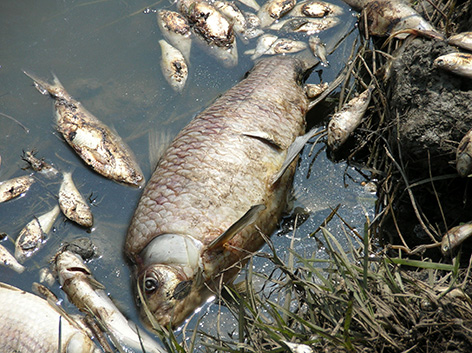 |
God magnificently ordered creation to provide enough for everyone’s need and told Noah that this covenant of care is to be with “you and with your descendants after you and with every living creature that was with you—the birds, the livestock and all the wild animals, all those that came out of the ark with you—every living creature on earth” (Genesis 9:9-10). Moses and the prophets proclaimed God’s desire to protect the poor, along with land, water, trees, and animals. They shared God’s displeasure with those who pollute land and water or hoard resources so that others suffer. Paul said that the creation itself groans to be set free from decay and bondage.
The Worship Sourcebook. “The worshiping community needs to…express grief and pain at the abuse, pollution, and corruption of what God has created…and offer prayers for God’s blessing on the seasons and on our faithful use of provisions God makes available through creation.” That quote comes from the section on creation in this comprehensive guide to worship planning. You’ll find creation-themed scripture readings, faith statements, litanies, and prayers to help worshipers lament, confess, and praise.
Creation Justice Ministries. This National Council of Churches website explains that caring for God’s creation requires lamenting how U.S. Christians have dominated indigenous peoples, cultures, and natural resources.
Laudato Sí: On Care for Our Common Home, Pope Francis’ second encyclical; the Evangelical Environmental Network’s Declaration on the Care of Creation; and Orthodox Church’s perspectives on creation all give biblical and theological evidence of how sin disintegrates God’s intended plan of harmony and care among humans and the natural world. All of these lament how greed and environmental abuse disproportionately affect poor people.
Rejoicing in Lament. Mark Charles, son of a Dutch American woman and Navajo man, talked about the Doctrine of Discovery in a Calvin Symposium of Worship panel discussion. This 15th-century doctrine gave Christians permission to exploit and dominate indigenous land, people, and cultures.
Guillermo Márquez-Sterling on Youth and Unique Mission Trip. In this conversation, a pastor describes a mission trip where youth learned about mountaintop removal.
Just Citizenship: Climate and Human Rights. Watch Robert D. Bullard, often called “the father of environmental justice,” give evidence about how toxic landfills, incinerators, and petrochemical plants are usually located in poor communities of color.
Earth Keepers and Caretakers
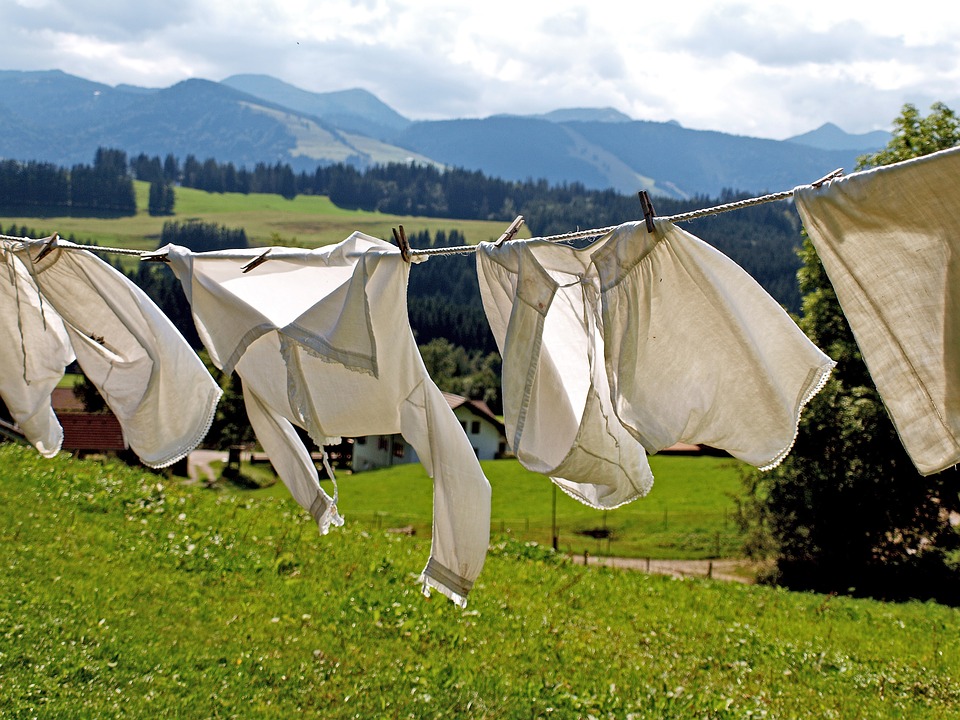 |
Convinced that God’s grace extends to the whole creation, many Christians urge us to see ourselves as earth keepers and caretakers. The Worship Sourcebook says, “In our corporate worship we also need to affirm human efforts to carry out God’s command to exercise obedient supervision over all God has created; to seek wisdom in our tasks of creative efforts; and to seek discipline in our work of being caretakers.”Both the Old and New Testaments picture God’s shalom as meant for each living creature, every part of the material world, and all generations. Each person of the Trinity is working towards this universal flourishing. The biblical narrative ends in a new city, coming down out of heaven from God. In this new creation, the streets are lined with trees that bear fruit year round, and God is all in all.
However, even a theology of creation stewardship risks putting the focus on people, not God, according to Wesley Granberg-Michaelson, former general secretary of the Reformed Church in America. Instead, he proposes a theology of interrelationship. “Creation has value because of its relationship to God, rather than its utility for humanity. This ‘new creation’ in Christ can neither be simply individualized nor spiritualized. It relates to the whole of life, and to the material world,” he wrote in a much-quoted 1990 Sojourners article, “Renewing the Whole Creation.”
The Forum on Religion and Ecology at Yale offers links to Christian denominational creation care statements and an excellent annotated list of faith-based environmental groups throughout the world.
Watershed Discipleship: Reinhabiting Bioregional Faith and Practice. This anthology, edited by Ched Myers, reminds readers that God organized the earth, our common home, by unique habitats rather than by government-drawn lines, identities, and borders. Connect with churches that care for their watersheds through the Watershed Discipleship website and Facebook group.
Project Small Creatures. This article tells how one Michigan church got involved in its watershed.
Faith and Leadership. This website often posts stories about congregations and creation care.
Green Congregations Become Centers of Creation Care and Renewal. Read how integrating creation care into congregational life builds relationships across generations.
Green Congregations Promote Sustainability. Read how congregations are modeling God’s care for creation in their buildings and grounds.
Music
 |
The hymns, songs, and short songs listed here are organized according to the themes of Creator and creation; lament and blessing; and earth keepers and caretakers. Some are so familiar that worshipers might sing them without thinking about the full implications of how God intends us to live with our neighbors in the web of life.
About half are widely sung by Catholics and Protestants in many cultures. The rest may introduce you to the heart language of Christians from another era or culture. Almost all are listed on Hymnary.org. Check out its features and tutorials to get the most out of this amazing resource.
Hymns
Creator and Creation
“O Rejoice in All Your Works,” Wendell Kimbrough. This song based on Psalm 104 won a new psalm contest.
“We Worship You, Whose Splendor Dwarfs the Cosmos,” Martin Leckebusch. Here’s another based on Psalm 104.
“All things Bright and Beautiful,” Cecil F. Alexander. First published in 1848, this song’s appearance in Protestant hymnals has soared since 1970, when the first Earth Day was observed. It’s also in the two most recent editions of Worship, a widely used Catholic hymnal.
“Nyanyikanlah/Hallelujah! Sing Praise to Your Creator,” Tilly Lubis and David J. Diephouse. This song has Indonesian and English text and is based on Psalm 148.
“Let All Creation’s Wonders,” Martin Leckebusch. Inspired by Psalm 148, this piece is especially beautiful when accompanied by organ and brass ensemble.
“Creation Sings (the Father’s Song),” Keith and Kristen Getty, Stuart Townend. This contemporary song calls all creation to stand and sing. Listen to it here.
“How Great Is Our God,” Chris Tomlin, Jesse Reeves, and Ed Cash. This CCLI song is a great example of praise songs that use images from nature—even though many of us tend to think of them as metaphors rather than as connected to the real world.
“Many and Great, O God Are Your Works,” Philip Frazier, paraphraser. Originally written by Joseph Renville, son of a French trader and Dakota woman—and set to a Native American melody—this is now widely sung in many cultures.
“Earth and All Stars,” Herbert Brokering. The first words are: “Earth and all stars! Come, rushing planets! Sing to the Lord a new song.” It works well when you’re reading from or preaching from creation psalms such as Psalms 8, 19, 65, or 96.
“St. Patrick’s Breastplate,” translated by Cecil F. Frederick. The third verse pictures how God is present and at work through the sun, moon, sea, rocks, and other natural phenomena.
“God of Wonders,” Marc Byrd and Steve Hindalong. This contemporary worship song praises our “God of wonders, beyond our galaxy.”
Lament and Blessing
“The Garden of the World (Lament for the Earth),” Shirley Erena Murray. This song from New Zealand helps worshipers confess that “the greening of all life is dying in our care” and plead, “We pray for one more chance to tend to earth’s repair!”
“Thank You, God, for Water, Soil, and Air,” Brian A. Wren. The first verse is: “Thank you, God, for water, soil and air, large gifts supporting everything that lives. Forgive our spoiling and abuse of them. Help us renew the face of the earth.”
“Isaiah the Prophet has Written of Old,” Joy F. Patterson, sung to the tune Judas and Mary. The second verse laments, "Your people despoil all the sweetness of earth; the brier and the thorn grow wild,” and pleads, “Lord, hasten to bring in your kingdom on earth, when no one shall hurt or destroy, when wisdom and justice shall reign in the land and your people shall go forth in joy.”
“Pelas dores deste mundo/For the Troubles,” Rodolfo G. Neto. This song from Brazil laments that “the whole creation’s laboring in pain,” and prays for God’s peace, power, and mercy.
Earth keepers and Caretakers
“The Heavens Declare Your Glory,” Thomas R. Birks. This familiar hymn is based on Psalm 19 and adapts a tune from a J.S. Bach cantata. It explains how the heavens declare God’s glory and promises, “So let my whole behavior, each thought, each deed I do, be, Lord, my strength, my Savior, a ceaseless song to you.” How do you apply your environmental choices to living on an earth created to reflect God’s glory?
“Touch the Earth Lightly,” Shirley Erena Murray. Though it works with several tunes, it’s especially effective with the tune Ai Hu, by Swee Hong Lim. It begins “Touch the world lightly, use the earth gently, nourish the life of the world in our care.”
“Give Us Clean Hands,” Charlie Hall. If God loves and is redeeming the entire cosmos, then what does it mean for our daily life choices to ask God to give us clean hands?
“Here I Am, Lord,” Daniel L. Schutte. The song begins with God asking, “I, the Lord of sea and sky, I have heard my people cry….Who will bear my light to them? Whom shall I send?” Worshipers respond in the refrain, “Here I am, Lord.”
“The First Place,” Matthew Westerholm. Based on Colossians 1:15-20, the song reminds us of Christ’s role in creation: “Every inch of this universe belongs to you, O Christ. For through you and for you it was made.”
Short Songs, Choruses, and Coritos
“La Paz de la Tierra/The Peace of the Earth,” translated by Christine Carson. This Guatemalan song works well as a benediction: “The peace of the earth be with you, the peace of the heavens, too. The peace of the rivers be with you, the peace of the oceans, too: deep peace falling over you, God’s peace growing in you.”
“Mayenziwe/Your Will Be Done,” arranged by John Bell. This lively song is set to a South African traditional melody. What does it mean to all creation for God’s will to be done on earth as in heaven?
“Mungu ni mwema/Know that God is Good,” arranged by John Bell. Sing this traditional Congolese song when you worry what earth’s climate will be like for your grandchildren’s grandchildren.
“Live in Charity/Ubi Caritas,” Jacques Berthier. While worshipers repeat this simple Taize song, ask them to think about what it means to live in charity with the earth and all creatures.
“Goodness is Stronger than Evil,” Desmond Tutu. While God invites us to join in caring for creation, we are not the ones to save the world. God is still creation’s Creator, Redeemer, and Sustainer.
More Creation Care-Themed Songs
Consult this list of creation care song choices in many denominational hymnals. Search Hymnary.org with these keywords or phrases: care of creation, creation, care for the environment, unity of creation, creator and creation, creation and the environment. Earth Ministry offers a list of traditional and contemporary creation-themed songs as well as new texts sung to familiar tunes.
Also check out Sound the Bamboo, an Asian hymnal; Hosanna: Ecumenical Songs for Peace and Justice, for global music with creation care themes; and Earth Care Hymns by Carolyn Winfrey Gillette, a Presbyterian pastor.
Sermon Planning
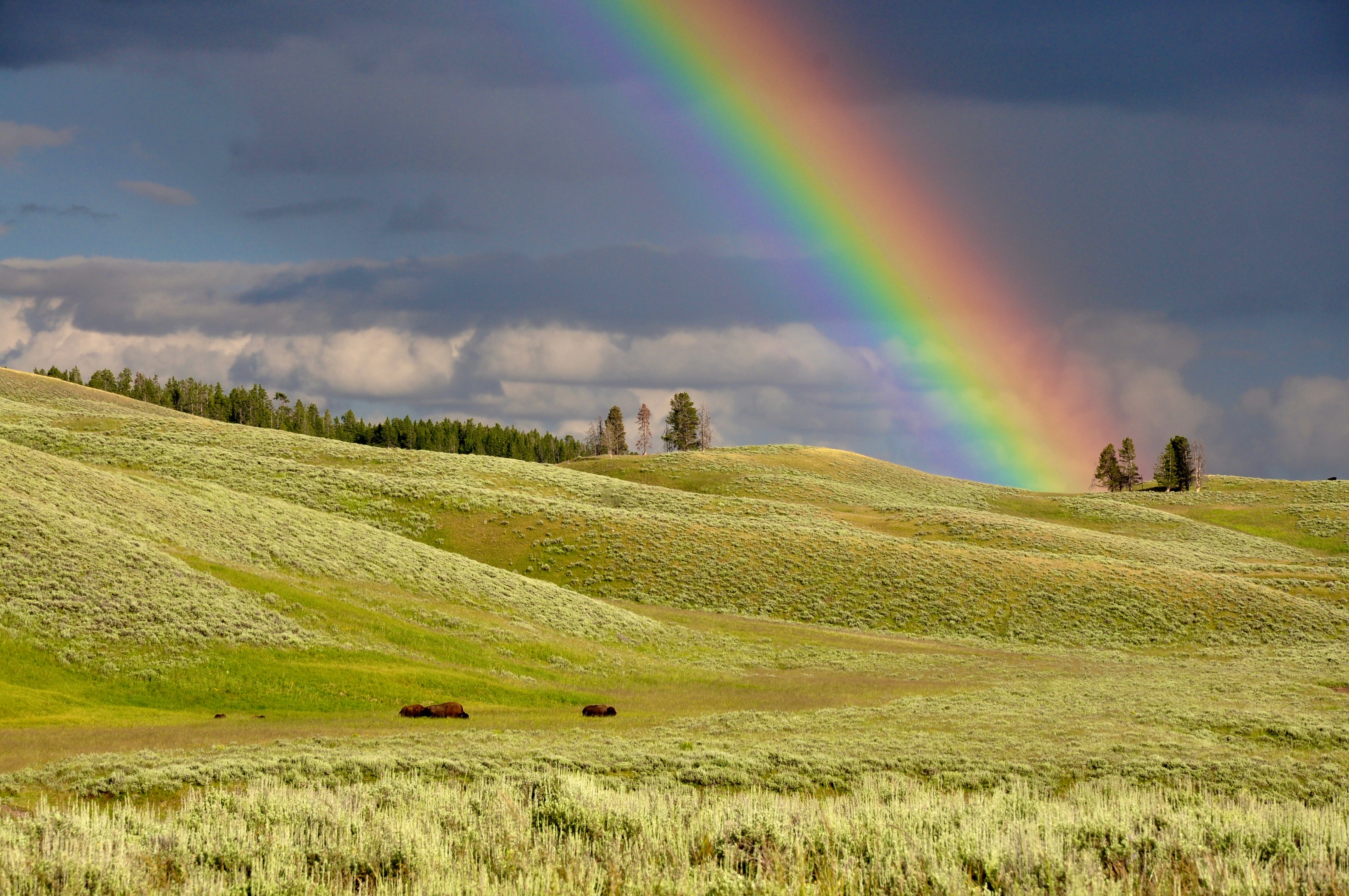 |
If you want to preach about creation and care of creation, then you might start by exploring resources that see science as a partner in church preaching and teaching ministries. Then base some sermons on these Creation-honoring Christian scriptures or Psalms 8, 19, 65, 96, 98, 104, 136, or 148. Use Psalms for All Seasons: A Complete Psalter for Worship to find songs, chants, litanies, and sung responses.
Emphasizing care of creation themes also works well in churches that follow the liturgical year and lectionary for worship planning.
General resources
Ministry Theorem. This website by Calvin Theological Seminary recommends books, youth resources, videos, and articles about contemporary science. Learning from Christian scientists helps preachers proclaim the goodness of God’s creation and call worshipers to care for every part of it.
BioLogos. BioLogos helps churches see the harmony between Christian faith and an evolutionary understanding of God’s creation. Its many resources include historic and contemporary sermons related to science and creation.
Introducing Evangelical Ecotheology: Foundations in Scripture, Theology, History, and Praxis by Daniel L. Brunner, Jennifer L. Butler, and A. J. Swoboda. This book suggests weaving in one earth keeping anecdote or illustration in each sermon for a year. The goal is to plant creation care in worshipers and to help them integrate it into every part of their own lives and lives as a congregation. You can find eco-justice sermon illustrations from around the world through World Council of Churches and A Rocha International.
Preaching and Worship. Check out these new curated resources for preachers, including sermons, sermon starters, and sermon illustrations on creation, earth, the environment, and our Creator.
Consider the Birds: A Provocative Guide to Birds of the Bible by Debbie Blue. These essays may inspire a sermon series or adult education series on what we can learn about God by observing creation.
The God of Abundance. In this Reformed Worship article, Erica Schemper outlines a four-week cycle of sermon, prayer station, and worship ideas on God’s abundance in the physical creation. Schemper writes, “God is gracious to the point of overflow, and we can work to ensure that everyone has what they need to thrive.”
Liturgical and lectionary resources
Lutherans Restoring Creation. Use these substantive care-for-creation reflections for each Sunday in the Revised Common Lectionary. The authors aimed for commentaries that are “exegetically-based, theologically sound” and integral to (not add ons) to the text itself.
Consider celebrating the Season of Creation, now observed in liturgical communions around the world. Many churches use this three-year cycle during Ordinary Time, often between the Orthodox Day of Creation (September 1) and St. Francis of Assisi Blessing of Animals (October 4).
The Season of Creation: A Preacher’s Commentary by Norman Habel, David Rhoads, and H. Paul Santmire. This guide discusses lectionary texts for each Sunday in the three-year Season of Creation cycle.
Download sermon ideas, liturgies, and other worship resources from Season of Creation, Let All Creation Praise, The Text This Week (scroll down) or World Council of Churches. Plan a St. Francis Blessing of the Animals service.
Serie de la Creación. Let All Creation Praise has Year C Season of Creation resources in Spanish.
Worship in the Season of Creation and Earth-themed Sundays. This feature story describes congregations around the world that celebrate the Season of Creation, emphasize earth keeping throughout the Christian year or plan other earth-themed Sundays.
Service and Series Planning
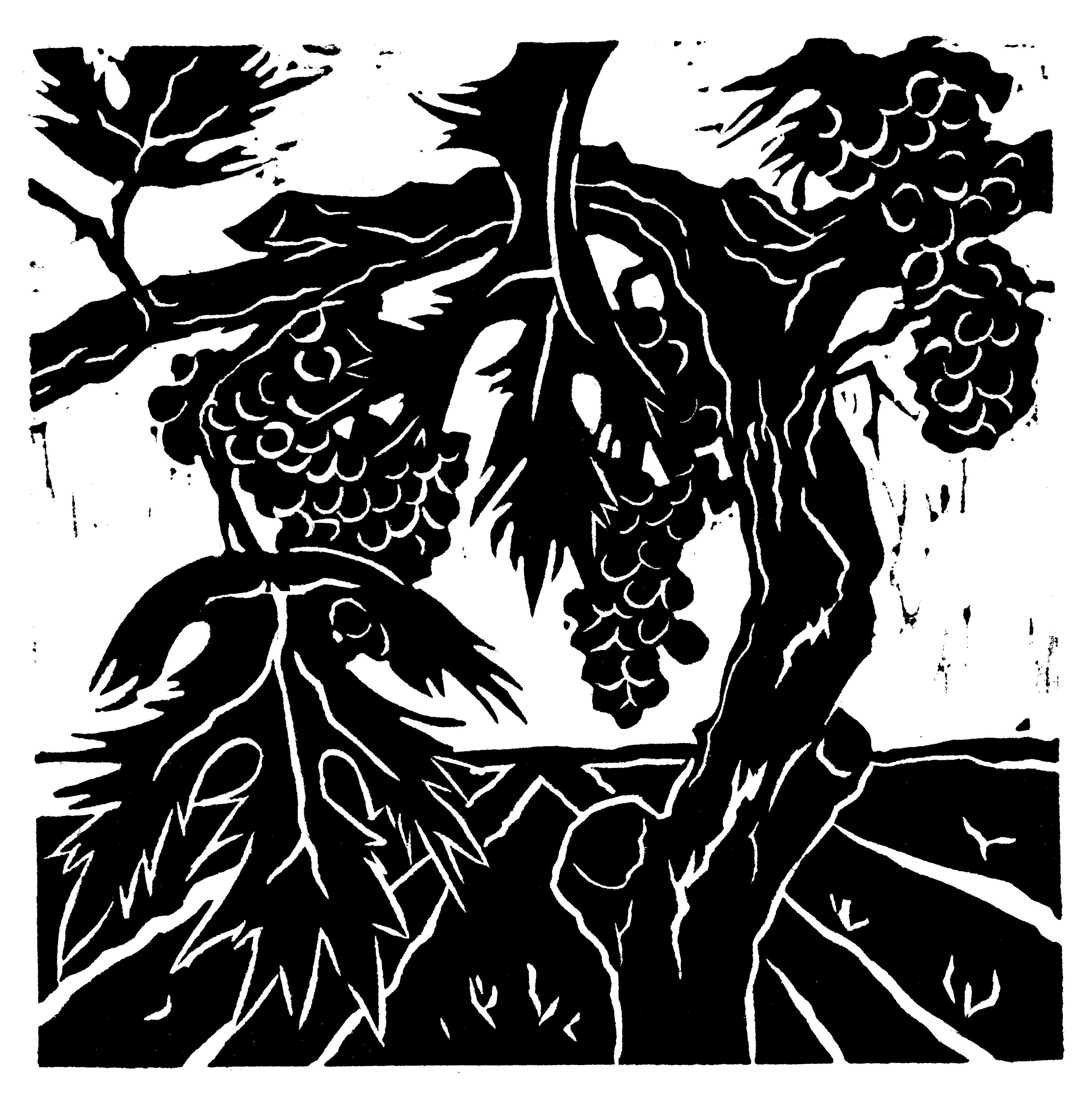 |
The 16th century Protestant Reformer John Calvin called creation “the theater of God’s glory.” When worshipers recognize God’s glorious providence in nature’s patterns, they begin to hear God’s call to cooperate with and protect the earth so that all may flourish. You can integrate care of creation themes into special Sundays, church year seasons, or parts of worship.
General resources
Eco-Justicia. This blog has Spanish-language worship resources for creation care.
A Heart for Creation: worship resources and reflections on the environment by Chris Pohill, an Anglican priest in the U.K. (Read this review.) It has prayers, songs, litanies, and more.
To plan worship for or to remember farmers, check out Catholic Rural Life and “We Live and Work in God’s World: Prayer Service for Crops and Industry.”
The Christian Reformed Church in North America and Churches Together in Britain and Ireland have comprehensive worship resources for care of creation. Praising God the Maker is an eight-week creation series by Christine Jerrett, a United Church of Canada pastor.
Liturgical seasons and special Sundays
The Season of Creation resources listed above in the Sermons section are excellent for planning entire worship services, not just sermons.
- Advent/Christmas: The Word Became Flesh. In Reformed Worship, Kyle Meyaard-Schaap offers creation-friendly worship ideas. He asks, “If God views the stuff of earth as worthy of participating in the work of redemption, what keeps us from celebrating creation and engaging in the sacred work of ‘serving and protecting’ it (Gen. 2:15)?” WorkingPreacher suggests using creation themes and imagery during Advent.
- Lent: During Lent, many worshipers metaphorically thirst for things they forego (food, drink, singing alleluia) and try to focus instead on Christ, the Living Water. Meanwhile, billions throughout the world don’t have enough clean water. That’s why the World Council of Churches Ecumenical Water Network creates new Seven Weeks for Water worship resources for Lent. You can also use these prayers for creation and indigenous earth keepers and nonviolence.
- Holy Week/Easter: The King of Creation. In Reformed Worship, Verlan Van Ee describes a four-part series about the gardens of redemption.
- Ascension: “All Peoples, Clap Your Hands.” “For God is King of all the earth; sing to him a song of praise” (Psalm 47:4). Psalm 47 is an Ascension Sunday psalm reading in all three lectionary years. This 15-minute video gives you the story behind a sung paraphrase of that psalm. The song is by Paschal Jordan, a Catholic priest in Trinidad. The video shows how to teach your congregation to sing and do body percussion with the song.
- Pentecost: R.O.W. G.R.E.E.N. for the Glory of God. In Reformed Worship, Verlan Van Ee describes a four-part series about loving our Creator’s world. The final service is for Pentecost Sunday.
- Earth Day: And It Was Good. This worship service was developed by young people at Anima: the Center for Arts and Worship at Samford University.
- Reformation Day: Psalm 65 appears in the Year C lectionary (RCL) for Reformation Sunday. Sermons and commentaries from Baptist, Nazarene, and Uniting Church of Australia preachers note God’s roles as Creator, Redeemer, and Sustainer in the temple, world, and earth.
Worship elements
The invocation, confession, prayers, and closing offer key creation care moments, according to Let All Creation Praise, a website of creation care resources for Christian worship. The Season of Creation website has worship planning suggestions to worship with creation and with Christ as the center of creation.
- Invocation: The Worship Sourcebook section on creation has calls to worship, prayers, and litanies that not only praise the Creator but also invite worshipers to join the choir of creation.
- Confession: Prayers of the People for the Work of the People. In Reformed Worship, Joy-Elizabeth Lawrence offers prayers you can use or adapt to confess sins against the Creator and creation. Or use this prayer of confession from Justice Unbound.
- Prayer: In every congregational prayer, try to include at least one petition for people, other creatures, or places affected by natural disasters or environmental woes. You might also ask God for the wisdom and courage to act, perhaps using these Catholic prayers. Episcopal Digital Network suggests an interactive Earth Day Sunday prayer station. Oración por nuestra tierra, by Pope Francis, is in Spanish.
- The Lord’s Supper: Great Prayer of Thanksgiving (pp. 6-10). John Witvliet notes all the creation themes in a 4th century prayer before the Eucharist. Pentecostal theologian A. J. Swoboda offers many ideas for connecting creation, justice, and communion.
- Visual arts: Global Worship. Paul Neeley’s blog has some great global images for care of creation. Zeteo Preaching and Worship. From the More menu, choose Image, and enter keywords such as creation, Creator, earth, environment, tree, and water.
- The closing/sending: St. Stephen’s Lutheran Church in Adelaide, South Australia, has used this sending: “Wherever you look, wherever you walk, Christ is there. Celebrate the Christ who fills our creation!” Let All Creation Praise suggests this sending: “Go in peace. Serve the Lord. Remember the poor. Care for creation.”

